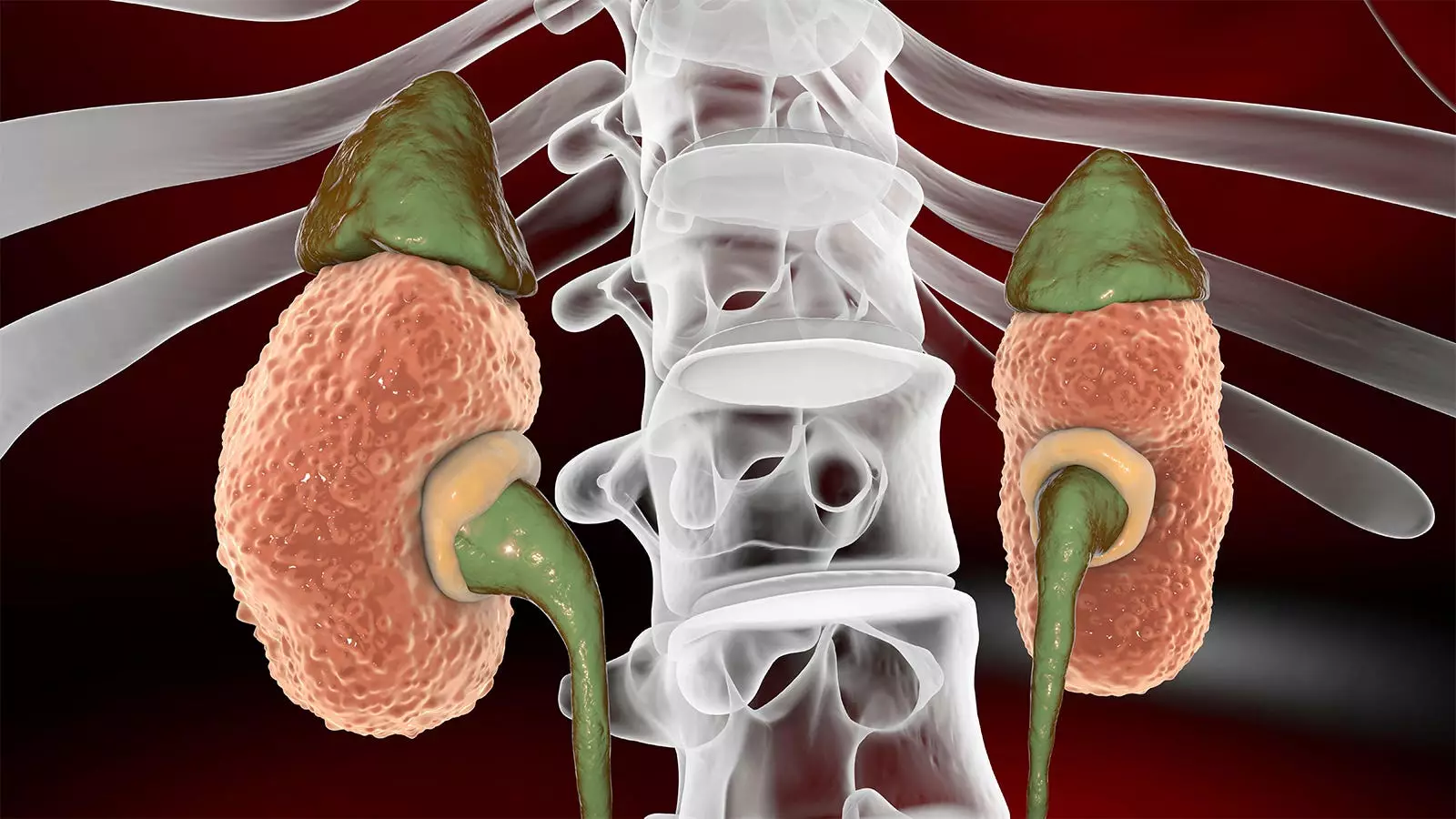Patients of color, particularly in the Black and Hispanic communities, face unique challenges when it comes to the diagnosis and management of autosomal dominant polycystic kidney disease (ADPKD). Cultural tendencies in these communities often prevent individuals from discussing their health issues openly, even with family members. This hesitancy can lead to delayed diagnoses and missed opportunities for early intervention, ultimately impacting the progression of the disease.
The disparities in the diagnosis of ADPKD among patients of color can be attributed to a variety of factors. For example, conditions like hypertension and diabetes, which are more prevalent in Black and Hispanic populations, can often mask the symptoms of ADPKD. This can make it challenging for physicians to identify the disease in its early stages. Additionally, patients with ADPKD may present with normal kidney function despite significant disease progression, making it difficult to detect through traditional screening methods.
It is crucial for patients, especially those at higher risk due to family history or comorbidities, to be referred to a nephrologist early on for a comprehensive evaluation. This would involve assessing kidney size through imaging techniques like ultrasound or MRI, as well as genetic testing to determine the presence of the gene mutation. By identifying and monitoring the disease progression from an early stage, treatment plans can be developed to help delay the onset of end-stage kidney disease.
In addition to the physical barriers to diagnosis and treatment, patients of color may also face structural and cultural obstacles that impact their access to medical care. Uninsured individuals or those living in underserved communities are at a higher risk of delayed diagnosis and poor outcomes due to limited resources. It is essential to address these disparities and ensure that all patients have equal access to necessary healthcare services.
Encouraging patients to have open conversations with family members about ADPKD is vital, especially for those with a family history of the disease. Educating relatives about the condition and the importance of genetic screening can help identify individuals at risk and initiate early interventions. Additionally, connecting patients with support groups and online resources can provide valuable information and emotional support throughout their journey with ADPKD.
Improving the diagnosis and treatment of ADPKD in patients of color requires a comprehensive approach that addresses both the physical and cultural barriers to care. By promoting early referral, thorough screening, and open communication with patients and their families, healthcare providers can make significant strides in managing this complex genetic disorder. It is essential to recognize the unique challenges faced by patients of color and work towards ensuring equitable access to quality healthcare for all individuals affected by ADPKD.

Leave a Reply